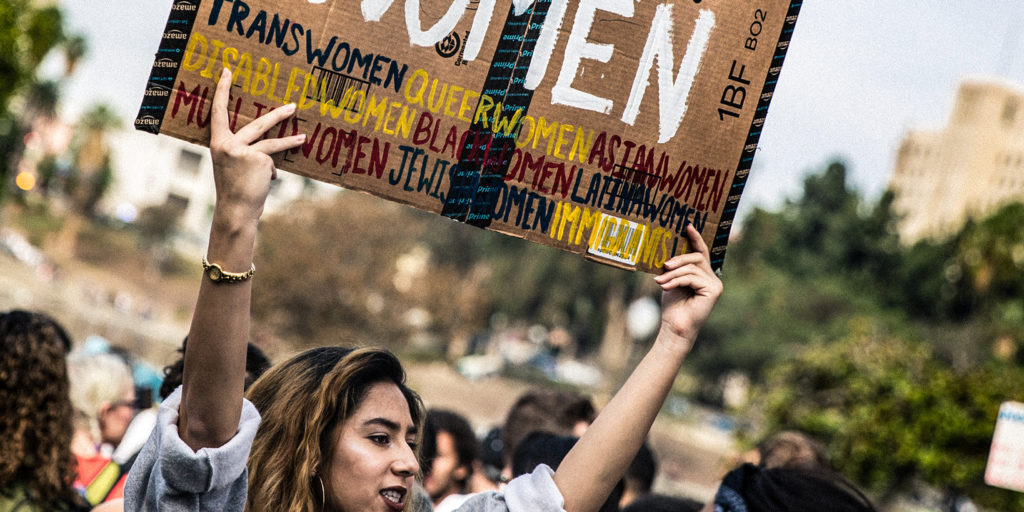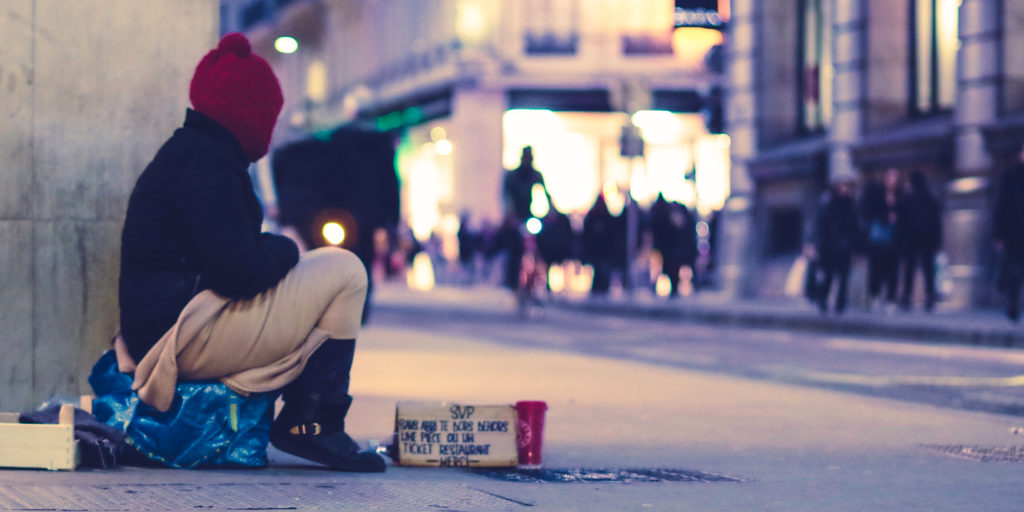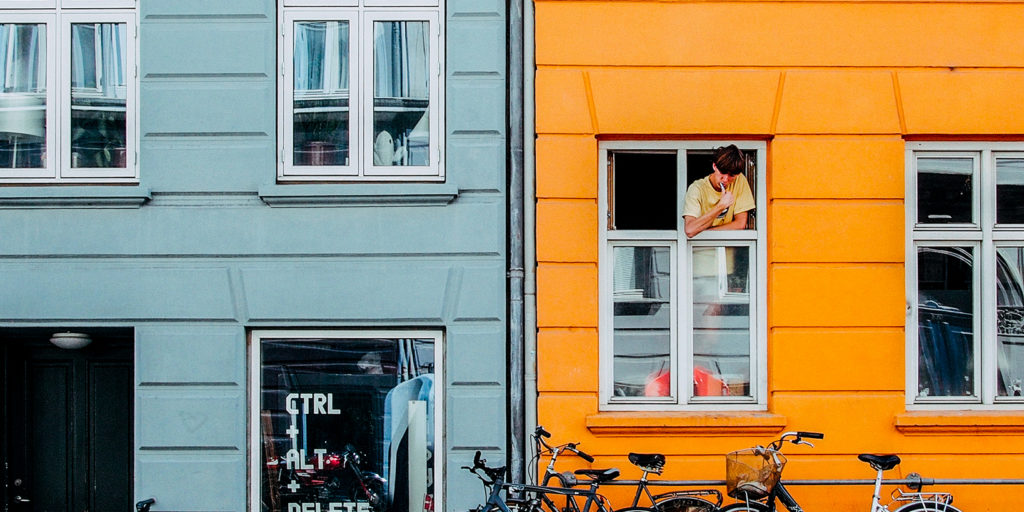02.03.2021
Greens/EFA opinion ahead of the launch of the EPSR action plan

The COVID-19 pandemic is having profound health, economic, employment and social impacts. We desperately need a stronger Social Europe. The recovery must ensure a just transition that leaves no one behind and goes hand in hand with the greening of our economy, social protection, and investment in care and public services. Long before the pandemic hit, Europe’s austerity story was crumbling. And while the EU is experiencing an economic shock that may prove greater than in 2008-2009, there can be no excuse for a return to austerity or business as usual.
Inequalities and poverty are only intensifying in this crisis, underlining the need for solidarity between generations, regions and Member States to achieve a socially just, inclusive, and green recovery. On 3 March 2021, the European Commission presented the EU action plan for the European Pillar of Social Rights. To put it plainly, how it proposes to build on the political declaration of social rights through legislative and policy action.
The Social Pillar was first unveiled in Gothenburg in 2017. The 20 principles for social rights in the EU cover 3 main areas: equal opportunities and access to the labour market, fair working conditions, social protection and inclusion. Since Gothenburg, the EU has made some progress: namely better rights for parental leave, or the strengthening of the information rights of employees. The minimum wage proposal released in 2020 also builds on the pillar.
What do we expect from the action plan?

The Social Summit in Porto on 7-8 May will be followed by a political statement that should add more weight to the action plan. All eyes will be on Porto to assess the level of ambition. What is clear is that the social context demands action. The recent Eurobarometer poll, which surveyed almost 30,000 citizens, puts measures to reduce poverty and social inequalities as the top priority of Europeans citizens for the EU Parliament. We must stand up and show Europeans we hear them, and we are on their side.
Rather than present a grouping of existing strategies, we believe the European Commission should be bold and put forward clear targets and concrete proposals to achieve by 2030 in order to make social rights in Europe reality. For instance, the EU Commission should not shy away from setting goals on poverty reduction or social exclusion or increasing employment rates. These goals were part of the EU 2020 social strategy, for instance in setting the target to lift 20 million people out of poverty or attain a 75% employment rate in the EU.
The Greens/EFA want to see an ambitious action plan overall. The action plan needs both quantifiable targets to set the course of action and measure progress, together with legislative tools to enable the setting of EU social standards.
Among key priorities for EU legislation is a directive on minimum income to provide assistance in all Member States and ensure that no one is left behind. A directive on minimum income should not be kicked into the long grass. It is time for renewed focus on social inclusion and tackling inequality, for instance promoting gender equality and tackling the gender pay gap via pay transparency measures, strengthening the youth and child guarantees, an LGBTIQ Equality Strategy 2020-2025, and a New European Disability Strategy.

We want to see a goal to end homelessness in the EU by 2030 and a European collaboration platform that will support Member States and NGOs to work together to achieve this goal; investment in affordable housing and the elimination of energy poverty. Housing is a fundamental right, and EU policy can be instrumental in the access to decent and affordable housing.
In the world of work, European rules for minimum wages are essential to guarantee that everyone has a poverty-proof living wage. We want European rules on the ‘right to disconnect’ to ensure work-life balance standards, in an always on-the-go society, and better standards for health and safety at work, e.g., via a Carcinogens and Mutagens Directive. No one in 21st century Europe should face perilous working conditions or have to sacrifice their health.
Strengthen the approach – countdown to Porto

We need EU objectives as a follow-up to and reinforcement of the EU 2020 goals. There is currently no clear European framework for monitoring social objectives to encourage Member States to do more. The European Green Deal and Sustainable Development Goals and the European Pillar of Social Rights provide a framework that is followed up in the European Semester. In order for that to have a real impact, we must set objectives based on the pillar and follow them up through the European Semester. For example, we want an EU poverty reduction target of 50% by 2030, an end to homelessness in the EU by 2030.
To have a real social Europe, we also need to look at the impact of other policy areas. The market logic can’t always prevail. It’s important to look at the social impact of the economic and internal market policy and work on a ‘social do no harm’ principle. A kind of social precautionary principle.
Crucially, we must look at mainstreaming the EPSR with the green deal and climate objectives, to accompany the climate transition with appropriate social rights; to leave no-one behind. The European Pillar of Social Rights can be a tool to connect social and environmental policies together. Social sustainability cannot be overlooked if we’re to secure fair, inclusive environmental and economic transitions. To succeed, the energy transition needs to be accompanied by a focus on social protections, on the inclusion of and support to disadvantaged communities. To this end, the Greens/EFA group has been calling for the participation of environmental CSOs working on the just transition at the social summit in Porto in order to find common solutions.
There are core and pressing social priorities for Europe, the COVID pandemic only reinforces this. Europe must not turn its back on citizens at this time but be ready to put forward ambitious solutions and support a just transition to a greener economy.
More info:
More information:
Francesca Jenner – Social Justice Campaigner
francesca.jenner@ep.europa.eu